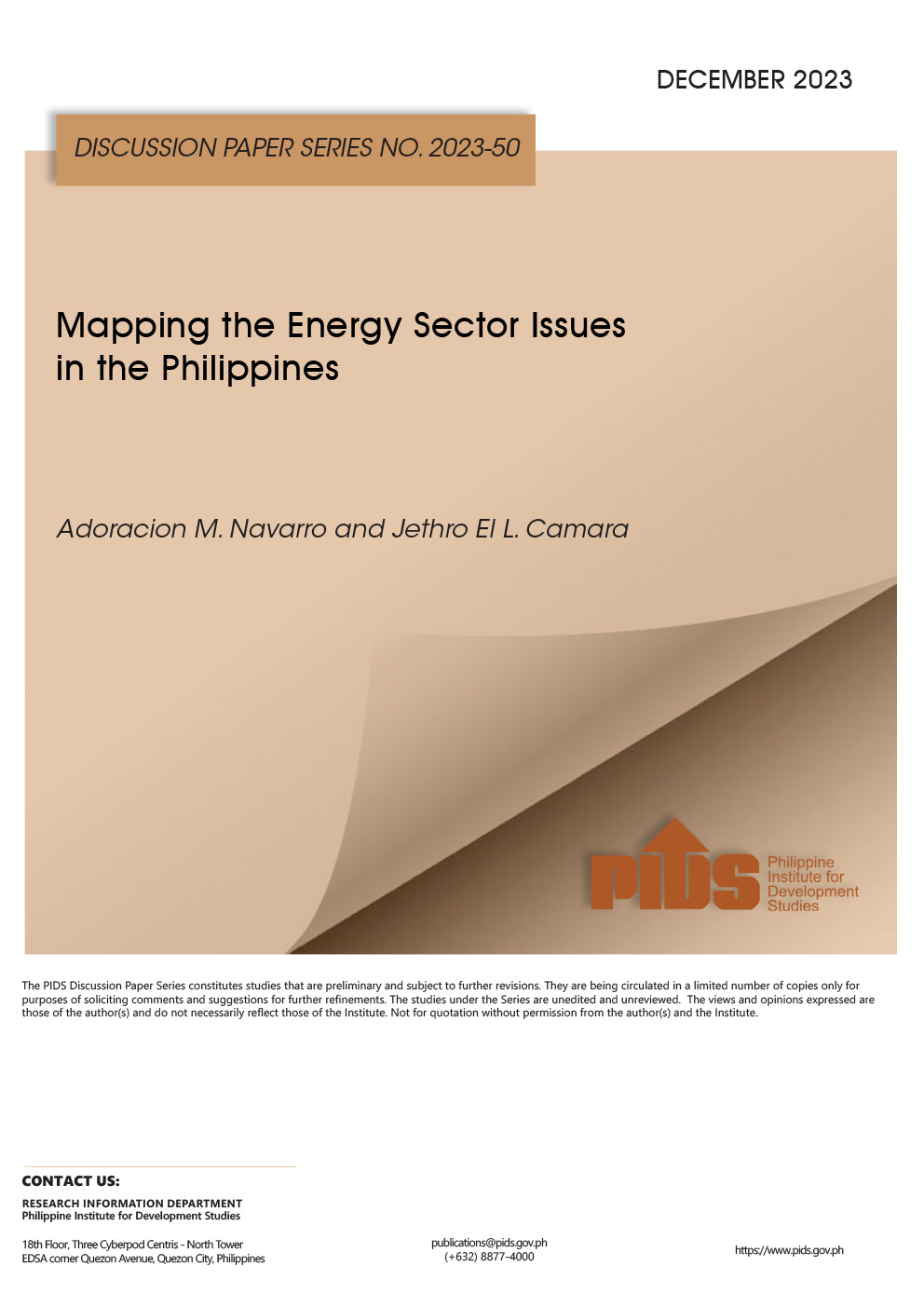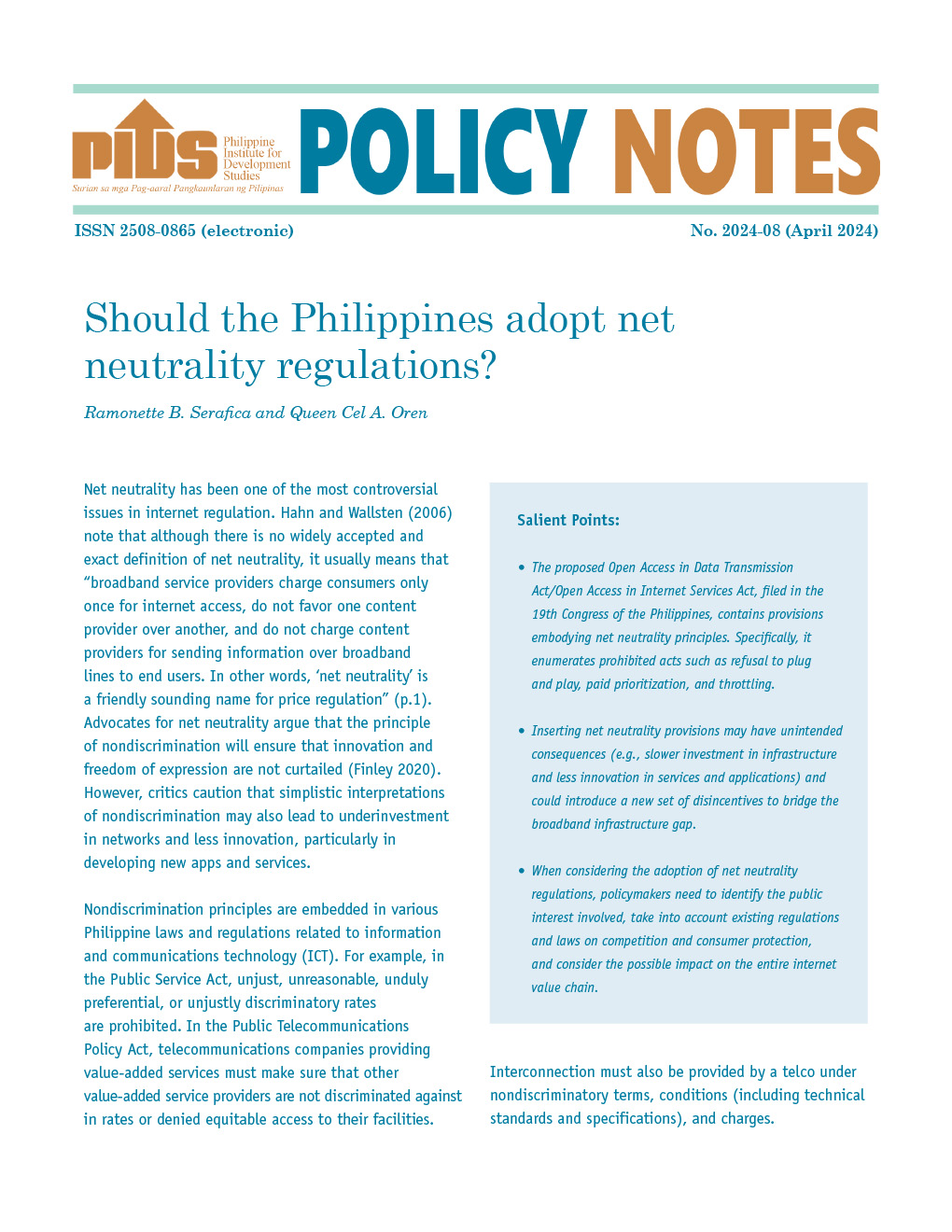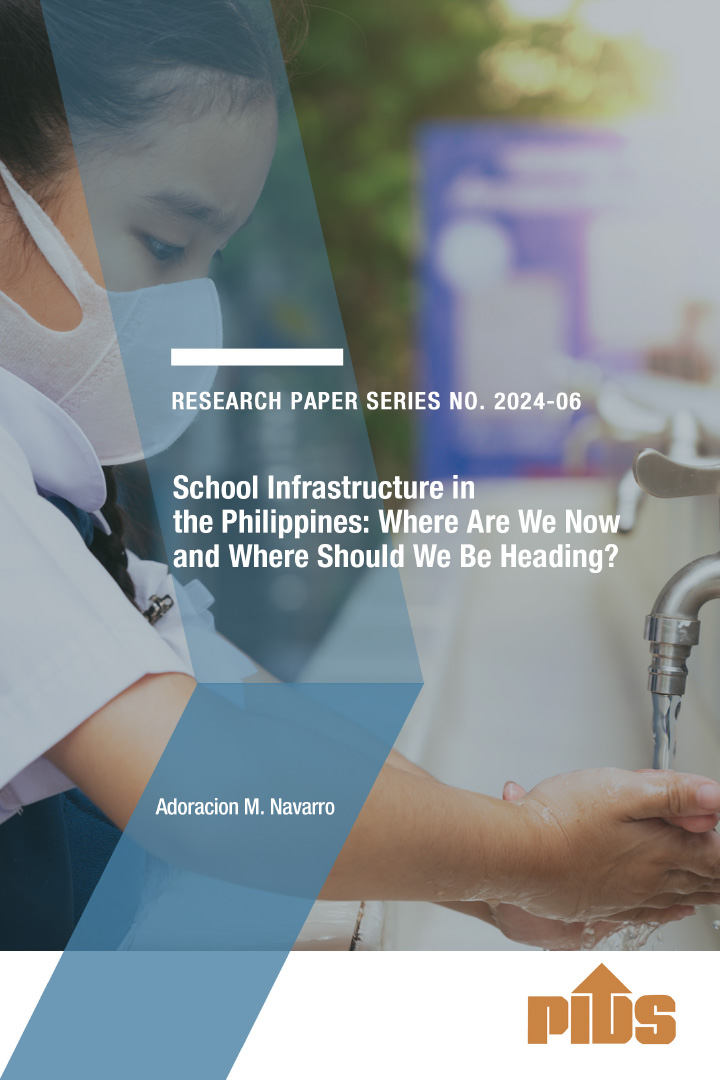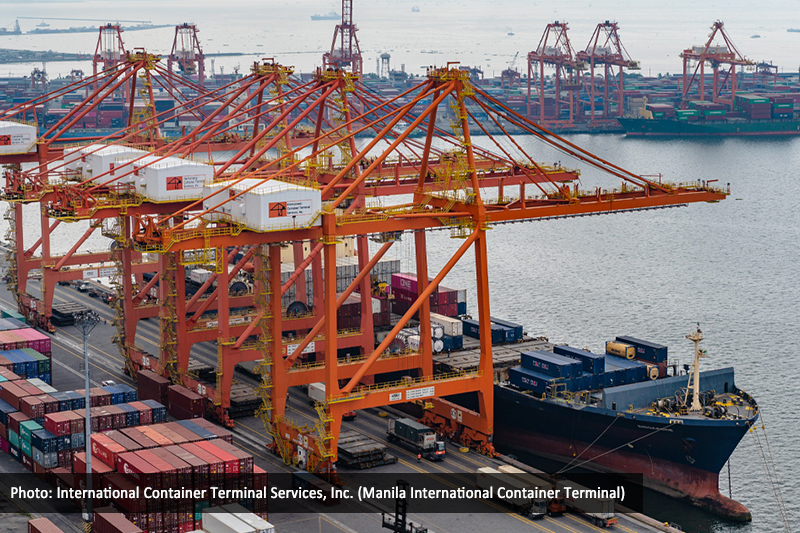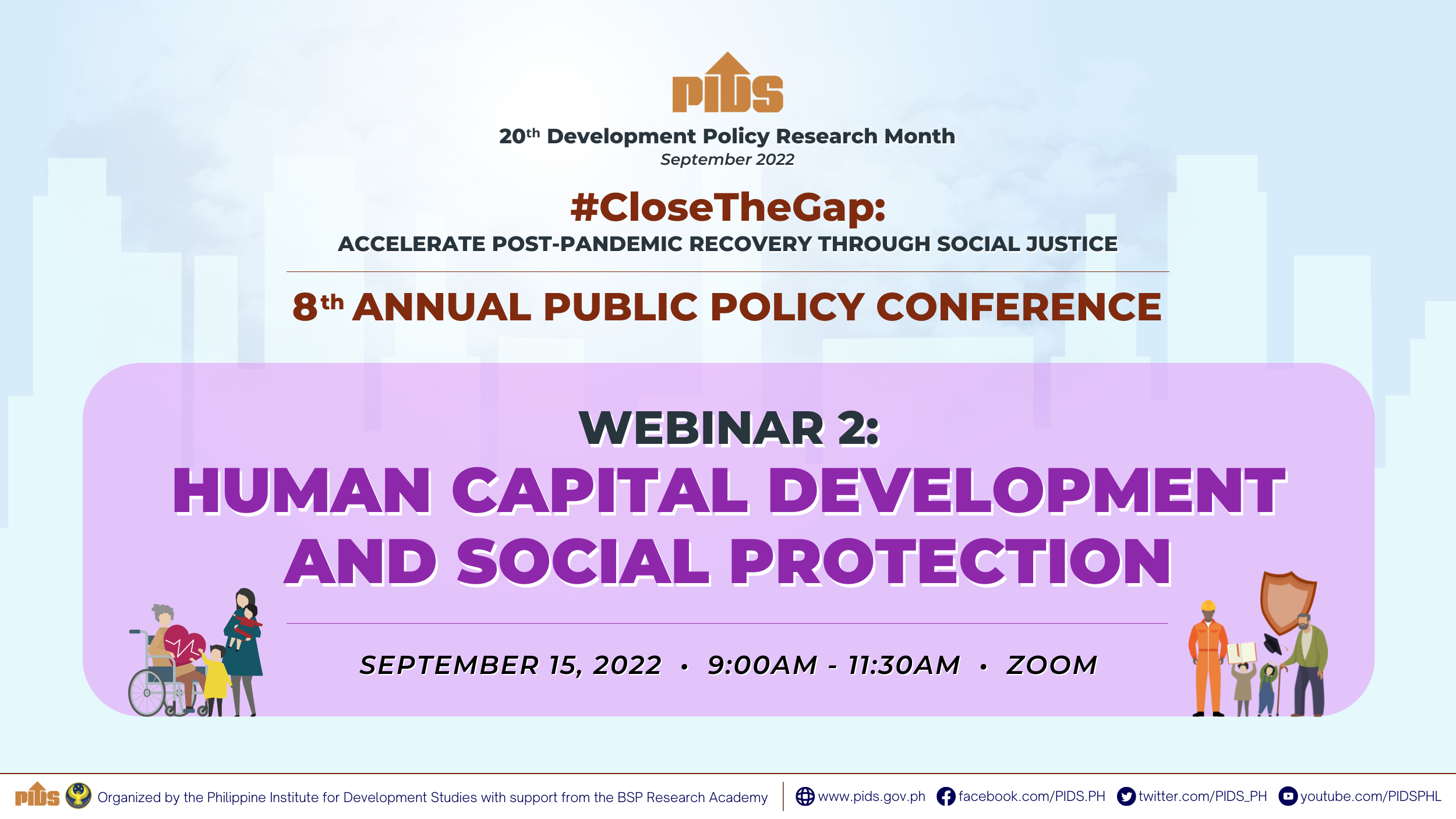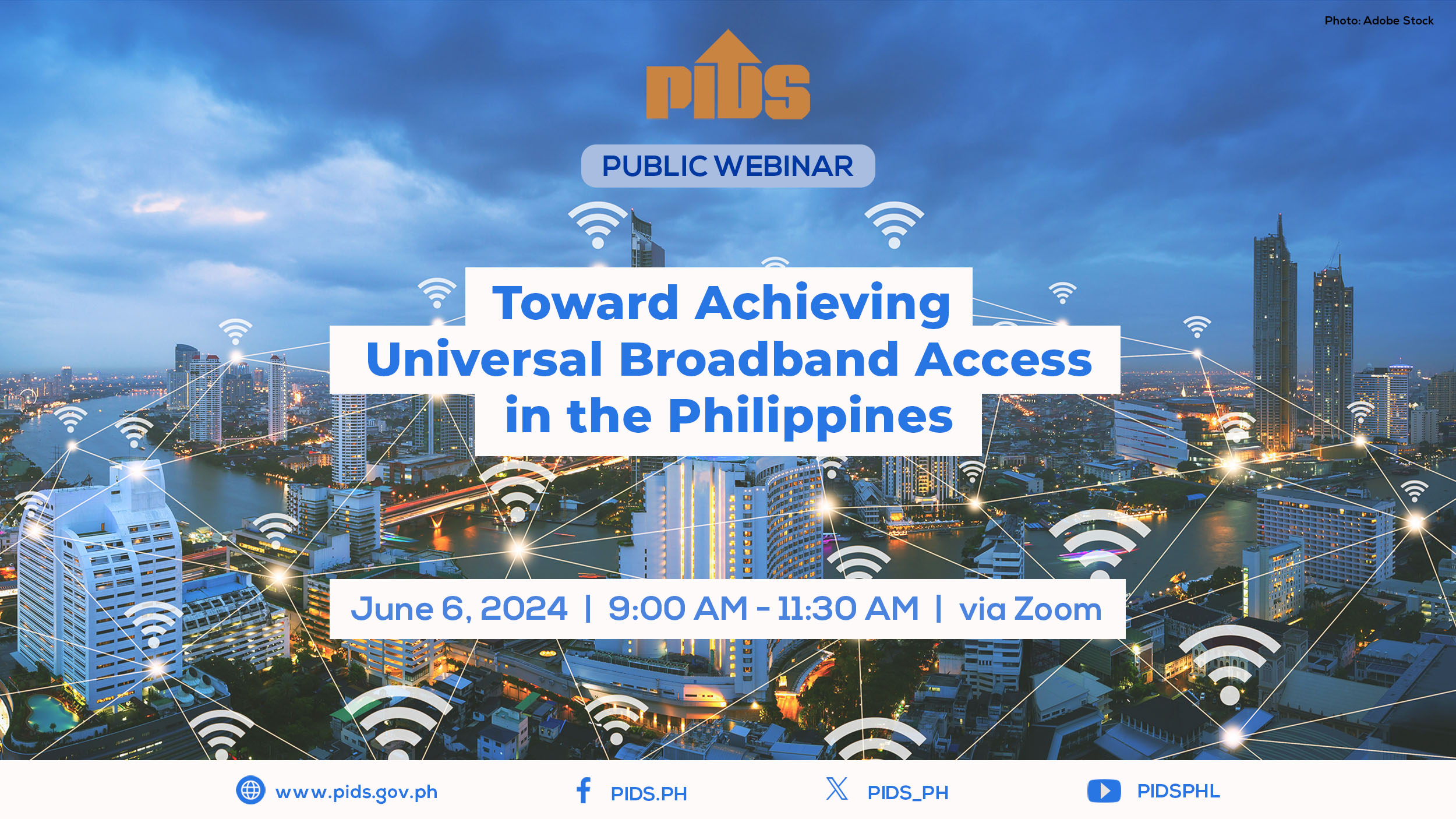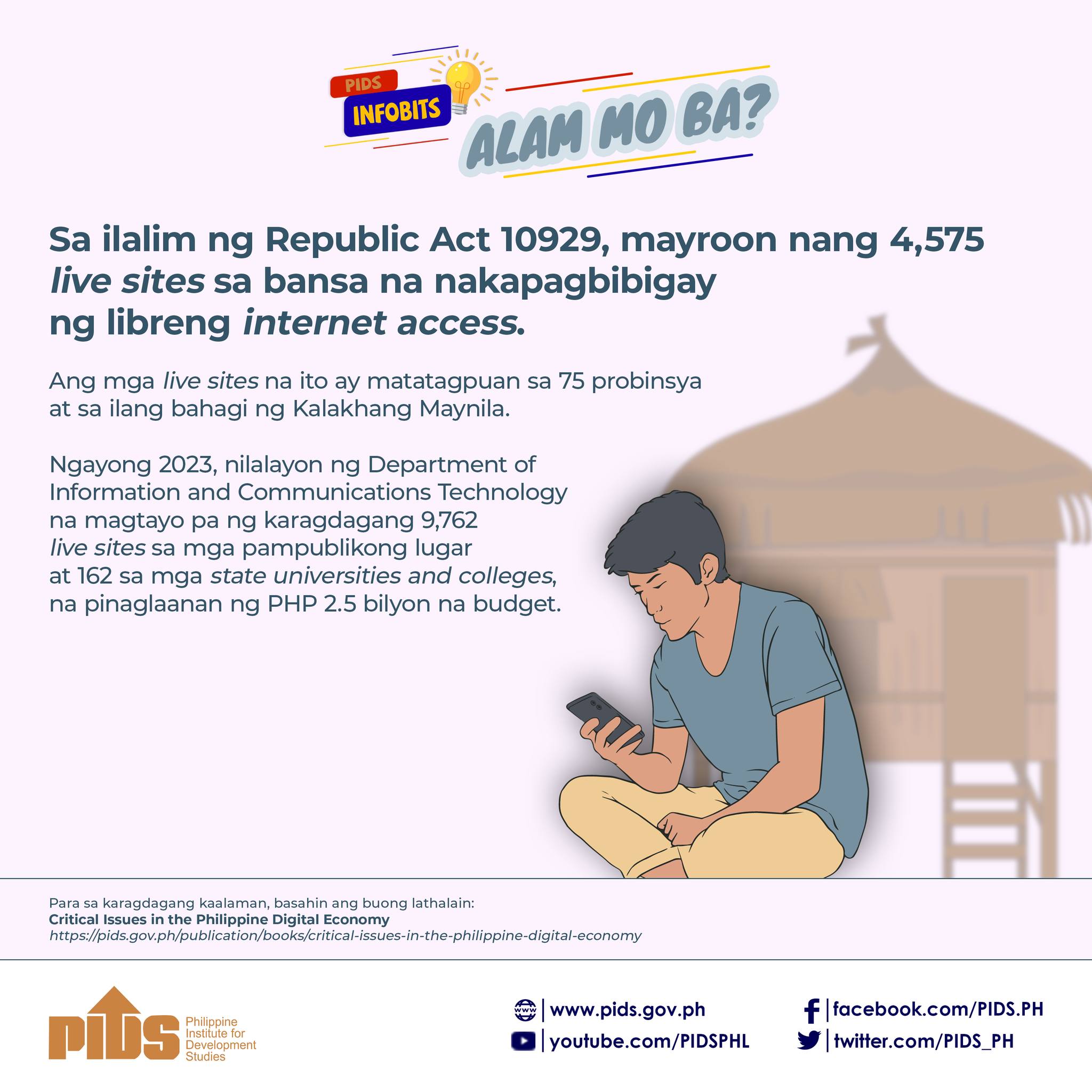Imagine we go back in time, two years ago, in 2020 — when the government had imposed lockdowns because of the global pandemic, closing international borders, limiting travel to one’s own town, schools and businesses disrupted, all other non-essential establishments temporarily closed—but without internet access. It would have been twice the tragedy.
Access to internet has allowed government to disseminate information, Covid-19 related or otherwise, to as many citizens in the quickest possible time. It allowed businesses to make work-from-home an option and keep economies afloat. It allowed people to communicate with almost everyone even while locked up in their homes.
But probably one of the most crucial is that the internet has allowed children to continue learning through virtual school sessions. Without the internet, our youth would have suffered at least two years of learning backlog. It would have been detrimental to their development especially of very young kids.
In this digital era, and amid a pandemic, access to internet is almost synonymous to access to education. Because while there are other modalities of learning, such as the use of printout modules, virtual classes come closest to face-to-face learning as it allows student-teacher interaction. Moreover, the world wide web is a vast library of information, accessible in just a click of a button.
The Commission on Human Rights of the Philippines (CHR) has acknowledged that “access to internet is a human right,” stressing that “better access to the internet means more freedom of information, and freedom of information is one of our human rights.”
In a 2021 Policy Note of the Philippine Institute for Development Studies (PIDS), it said that, “Despite the widespread cellphone signal coverage and mobile device ownership, internet usage in the country remains low owing to poor and expensive internet connectivity and inadequate digital infrastructure, especially outside NCR.”
Said Policy Note analyzed the digital divide using data from the National ICT Household Survey (NICTHS), which was conducted by the Department of Information and Communications Technology (DICT) and the Philippine Statistical Research and Training Institute. The survey revealed that while cellular signal reaches 92 percent of surveyed barangays (with 3G technology prevalent in rural areas), only 12 percent have access to free Wi-Fi (70 percent of which is provided by government). Moreover, only 18 percent of households in the country have an internet connection. Majority of households that do not have an internet connection cited high cost and unavailability of internet service in their area as main barriers to access.
While the DICT has prioritized the rollout of its digital connectivity programs, such as the National Broadband Program (NBP) and the Free Wi-Fi for All Program, there is an immediate need to address inadequate ICT infrastructure, which has widened the digital divide, to ensure everyone affordable and stable access to internet.
Fortunately, the enactment of the amended Public Service Act (PSA),which allows up to 100 percent foreign ownership of public services in the country, now enables the country to gain new investment and market opportunities.
The signing of the PSA was also the deciding factor for the entry of Elon Musk’s Space Exploration Technologies Corp (SpaceX) to the local market.
SpaceX’s Low Earth Orbit (LEO) satellite network constellation called Starlink can improve internet access in unserved and underserved areas in the country. The company aims to have as many as 42,000 satellites to be able to deliver high-speed, low-cost internet to remote regions across the globe. As of mid-2021, Starlink is already comprised of over 1,600 satellites.
SpaceX’s Starlink will augment and complement existing broadband capacities, enabling faster broadband speed and better connectivity, particularly in areas where connectivity has been difficult or impossible.
The Philippines is set to be the first in Southeast Asia to avail of Musk’s Starlink. SpaceX is targeting to deploy three gateways in the first phase of their launch in the country.
The entry of SpaceX, and possibly other foreign companies, to the Philippines will increase the competitive pressure in our markets. The ultimate beneficiaries will be the consumers through affordable, better quality, and wider choices of internet service providers.

